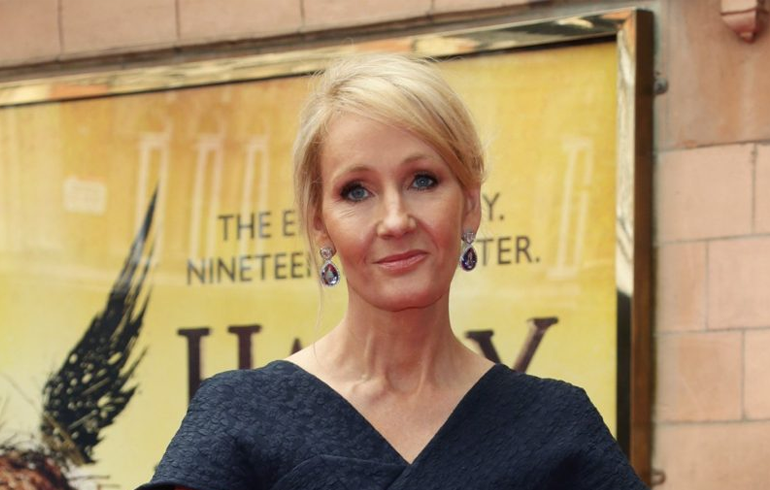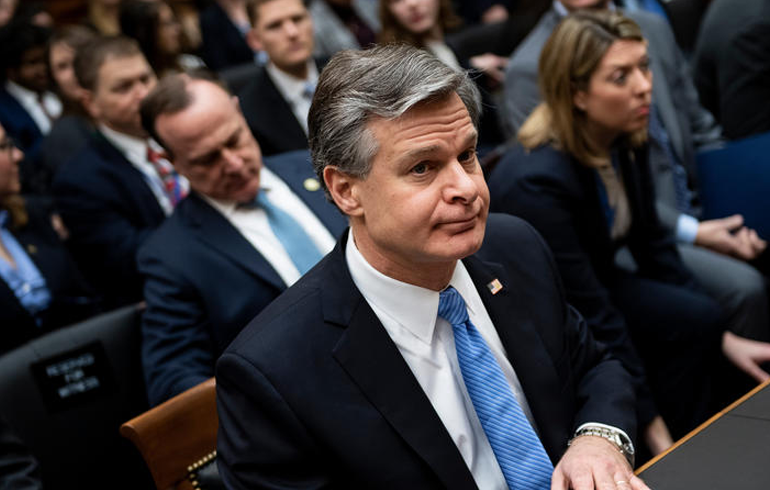Some 150 writers, academics and activists – including authors JK Rowling, Salman Rushdie and Margaret Atwood – have signed an open letter denouncing the “restriction of debate”.
They say they applaud a recent “needed reckoning” on racial justice, but argue it has fuelled stifling of open debate.
The letter denounces “a vogue for public shaming and ostracism” and “a blinding moral certainty”.
Several signatories have been attacked for comments that caused offence.
“The free exchange of information and ideas, the lifeblood of a liberal society, is daily becoming more constricted,” says the letter.
US intellectual Noam Chomsky, eminent feminist Gloria Steinem, Russian chess grandmaster Garry Kasparov and author Malcolm Gladwell also put their names to the letter, which was published on Tuesday in Harper’s Magazine.
The appearance of Harry Potter author Rowling’s name among signatories comes after she recently found herself under attack online for comments that offended transgender people.
Her fellow British writer, Martin Amis, also signed the letter.
It also says: “We uphold the value of robust and even caustic counter-speech from all quarters.
“But it is now all too common to hear calls for swift and severe retribution in response to perceived transgressions of speech and thought.”
The letter condemns “disproportionate punishments” meted out by institutional leaders conducting “panicked damage control”.
It continues: “Editors are fired for running controversial pieces; books are withdrawn for alleged inauthenticity; journalists are barred from writing on certain topics; professors are investigated for quoting works of literature in class; a researcher is fired for circulating a peer-reviewed academic study; and the heads of organizations are ousted for what are sometimes just clumsy mistakes.”
It was signed by New York Times op-ed contributors David Brooks and Bari Weiss. The newspaper’s editorial page editor was recently removed amid uproar after publishing an opinion piece by Republican Senator Tom Cotton.
“We are already paying the price in greater risk aversion among writers, artists, and journalists who fear for their livelihoods if they depart from the consensus, or even lack sufficient zeal in agreement,” the letter says. It adds: “We need to preserve the possibility of good-faith disagreement without dire professional consequences.”
One signatory – Matthew Yglesias, co-founder of liberal news analysis website Vox – was rebuked by a colleague on Tuesday for putting his name to the letter.
Vox critic at large Emily VanDerWerff, a trans woman, tweeted that she had written a letter to the publication’s editors to say that Yglesias signing the letter “makes me feel less safe at Vox”.
But VanDerWerff said she did not want Yglesias to be fired or apologise because it would only convince him he was being “martyred”.
One signatory recanted within hours of the letter being published.
Jennifer Finney Boylan, a US author and transgender activist, tweeted: “I did not know who else had signed that letter.
“I thought I was endorsing a well-meaning, if vague, message against internet shaming.”
She added: “I am so sorry.”
Source: BBC




















































